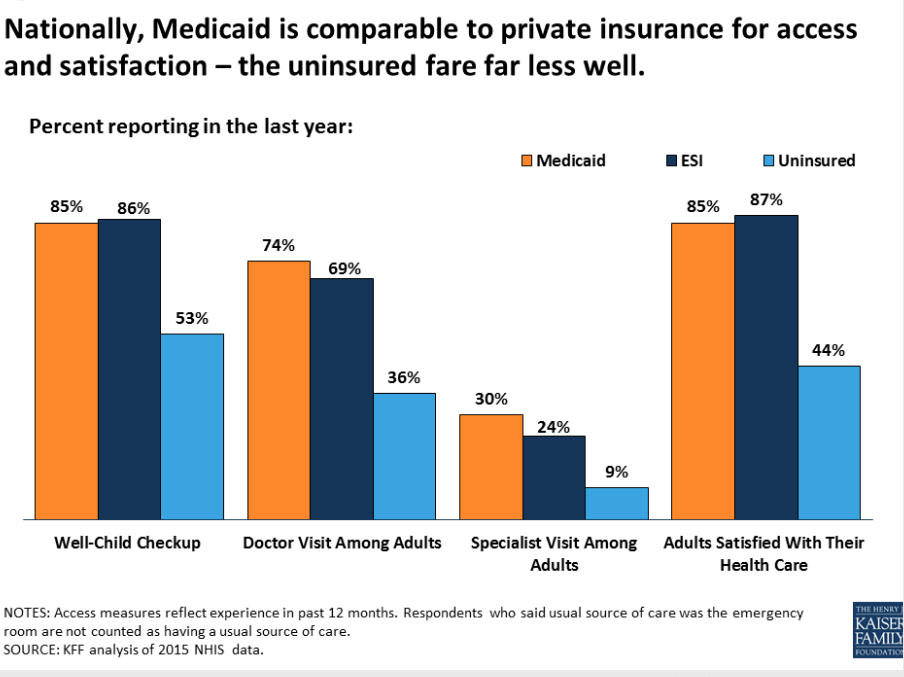Is getting a lot better, a lot faster than the rest of the world’s.
thanks to you.
I’m in the midst of conducting the 14th Annual Survey of Prescription Drug Management in Workers’ Comp, a project I began way back when no one had heard of physician dispensing, and before opioids became a national disaster. (prior surveys can be downloaded at no cost here)
Physician dispensing in comp is slowly being solved – today WCRI released a comprehensive look at the issue which is well worth your time. (members get it for free, non-members pay a modest cost)
And we’ve made good progress on the opioid front, something few other payers can assert. Overall, I’d hazard a guess that opioid spend – as a percentage of total drug spend – declined somewhat last year; we’ll know for sure in a couple of weeks.
The latest, albeit anecdotal takeaways from a dozen surveys I’ve done so far, indicates:
- opioid spend continues to drop with some payers reporting double-digit percentage decreases
- much of this comes from curtailing initial and secondary scripts
- there’s a lot still to be done to address chronic users
- payers are using a whole array of techniques, clinical resources, and tools to address opioid overuse, with many relying on PBMs for analytics, pharmacists, and physicians for peer-to-peer discussions
- some payers expressed concern over the various overdose-prevention medications
Do NOT take this to mean we’ve won, that we’ve solved the opioid disaster, that we can take the rest of the summer off.
Far from it.
We’ve done the easy stuff, now comes the really knotty, tough problem of helping individual patients who’ve been prescribed way too many pills for far too long get their lives and health back.
What does this mean for you?
Thanks to all of you, who, through your work in the trenches, in policy, with individual patients and physicians and pharmacies, have made things better. You have saved countless lives and countless families.

